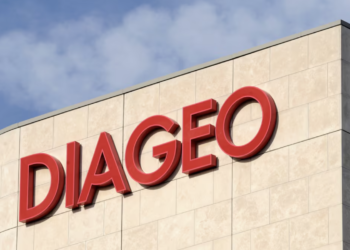Pension funds are essential in safeguarding the financial future of retirees. Traditionally, these funds have relied on stocks, bonds, and government securities. However, with the evolving financial landscape, pension funds in Kenya are increasingly turning to alternative investments to diversify portfolios, enhance returns, and manage risks. Alternative investments are asset classes that fall outside conventional categories like equities and fixed-income securities. These include real estate, private equity and infrastructure projects. Real estate refers to investments in commercial or residential properties, while private equity involves direct investment in private companies.
The primary advantage of alternative investments is diversification. Pension funds benefit from spreading risk across multiple sectors. For instance, while stocks might fluctuate due to market volatility, real estate investments could remain relatively stable, providing a buffer during market downturns. In addition to diversification, alternative investments can offer higher returns compared to traditional assets. Infrastructure projects, for instance, provide long-term, predictable cash flows, which are attractive for pension funds aiming for steady income. Since pension funds have a long-term investment horizon, they are well-positioned to take advantage of alternative assets, such as infrastructure and private equity, which require patience but deliver higher returns over time.
In Kenya, the Retirement Benefits Authority (RBA) has encouraged pension schemes to diversify, and alternative investments are gaining ground. Real estate is a popular choice, with pension funds investing in commercial buildings and affordable housing projects. Infrastructure investments, particularly through public-private partnerships (PPPs), are also growing, supported by government initiatives under Vision 2030 and the Bottom-Up Economic Transformation Agenda. These projects offer pension funds an opportunity to earn steady returns while contributing to national development. Private equity is another emerging area of interest, especially in sectors like technology and small and medium-sized enterprises (SMEs). These investments not only support economic growth but also offer pension funds an opportunity for long-term capital appreciation.
However, there are risks associated with alternative investments. Liquidity is a key concern, as these assets are often not easily sold, making it harder for pension funds to meet short-term obligations. Valuation is another challenge, as determining the worth of assets like private equity or real estate is more complex than pricing publicly traded securities. Additionally, regulatory oversight is still evolving in Kenya, and pension funds must remain compliant while exploring new opportunities.
Alternative investments offer pension funds in Kenya a way to diversify and potentially earn higher returns. Despite the risks, their growing role in pension fund portfolios points to a future where these assets will be key to securing the financial well-being of retirees.


















